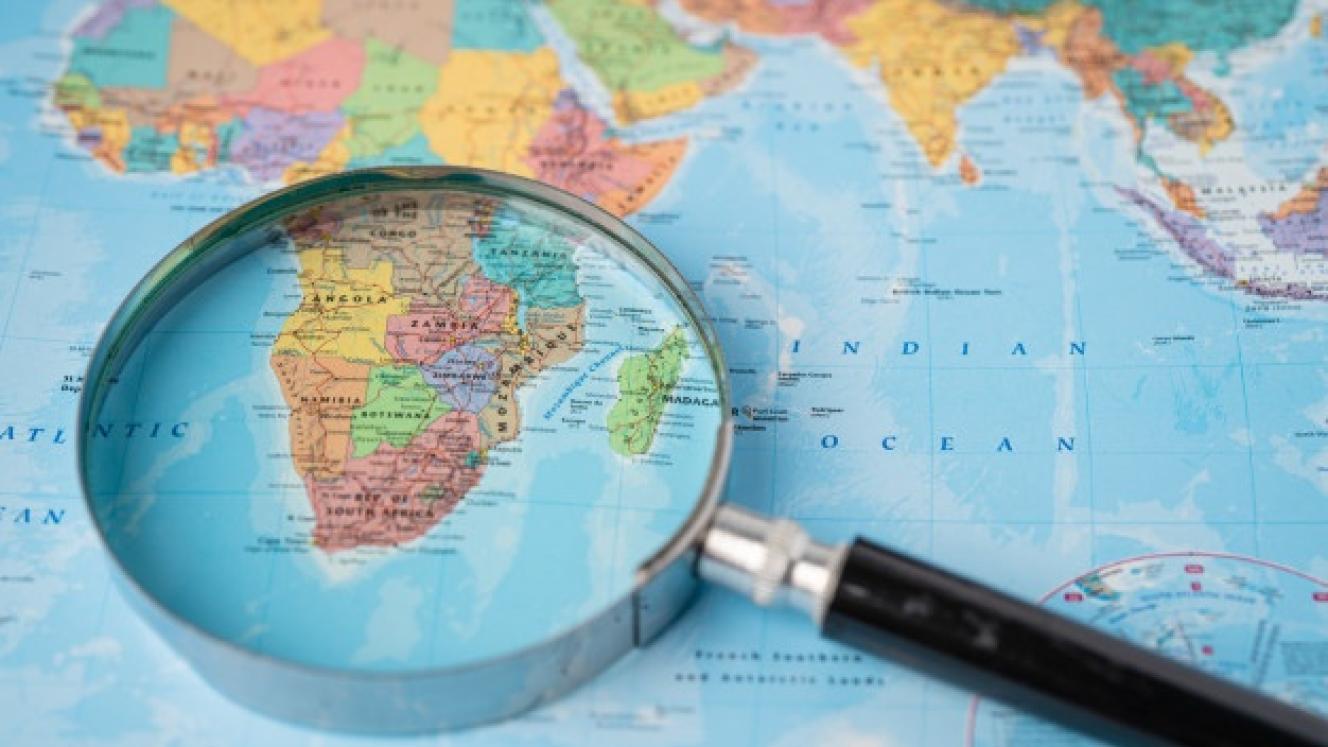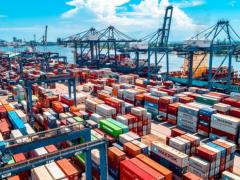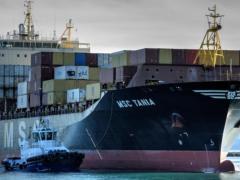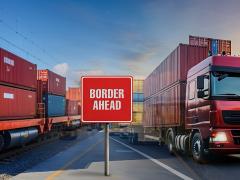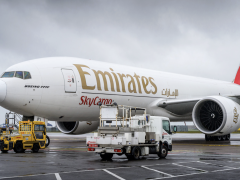Much has been said about the African Continental Free Trade Area (AfCFTA), the economic bloc that will surpass all global peer entities in physical size and collective GDP yield, and which is set for first-phase rollout on January 1.
The GDP potential of such an intra-Africa trade alliance on its own is staggering – about $2.6 trillion per annum.
Other figures too have drawn a big bold line underneath the game-changing benefits of such a prosperity pact for the continent and its people.
Current indicators point to the continent’s consumers spending of $1.4 trillion in 2020 – coming as it does in a Covid year – and 128 million households having discretionary income.
Then there are the future prospects – an expected 1.1 billion people reaching working age by 2040, and 50% of the continent’s people living in cities by 2030.
Simply stated, AfCTFA is a no brainer.
Unfortunately intra-Africa trade has a tendency to trip itself up, made all the more apparent when impediments are caused by one of the continent’s leading economies – South Africa.
One such possible impediment, supply chain and logistics expert Louise Wiggett told last week’s Road Freight Association conference, had manifested through the formation of South Africa’s newly formed Border Management Authority (BMA).
A behemoth that consolidates about seven public departments, all responsible for governing the country’s perimeters, the BMA, among other things, will be flexing border control muscle through a uniformed force dedicated to policing its mandate.
Not only does the force revive memories of the border patrol personnel that operated during South Africa’s apartheid dispensation, but it has provoked fears that it will send the wrong signal to intra-African trade partners.
Wiggett, who is the managing director of Global Trade Solution, told conference delegates: “We should ask whether progressively militarising our borders is not a non-tariff barrier (NTB).”
Considering that the relaxation of trade barriers and the prevention of any new NTBs is at the heart of common market formation, the BMA and the potential effect it could have on South Africa’s intra-trade reputation should be thoroughly scrutinised before it’s implemented.
Costing alone is already a major concern, with an estimated R3.8 billion in the first year of implementation spiking to R10.3 billion once completely in place.
“Moreover, we should ask ourselves whether the BMA is aligned or out of step with the AfCFTA,” Wiggett said about the authority whose powers she summed up as “far reaching and draconian”.
